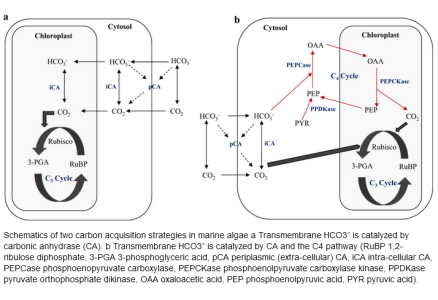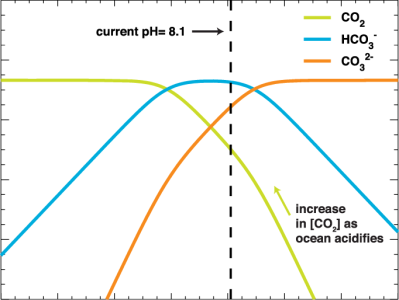Mr31415
Active member
I know there are a million threads on this and I have read many of them. However this is still curious to me.
I have a newly set up 90g tank, 30lb cured live rock from cycled tanks, 40lb dry rock, 80lb aragonite sand. System has been up for 1 week. I use Red Sea salt at 35 PSU. According to the salt, I should get Ca 430, Mg 1310, KH 8 at 35 PSU. Here are my tank parameters measured using salifert:
24.9C, pH 7.98, 6.7 dKH, Ca 420, Mg 1370.
pH is accurate - just calibrated both Neptune probe and my Hanna probes, they match.
Why is alkalinity so low when I have no coraline algae growth yet, and no corals?
It is winter in Canada so CO2 is probably causing low pH. But alkalinity? I am not dosing anything.
I have a newly set up 90g tank, 30lb cured live rock from cycled tanks, 40lb dry rock, 80lb aragonite sand. System has been up for 1 week. I use Red Sea salt at 35 PSU. According to the salt, I should get Ca 430, Mg 1310, KH 8 at 35 PSU. Here are my tank parameters measured using salifert:
24.9C, pH 7.98, 6.7 dKH, Ca 420, Mg 1370.
pH is accurate - just calibrated both Neptune probe and my Hanna probes, they match.
Why is alkalinity so low when I have no coraline algae growth yet, and no corals?
It is winter in Canada so CO2 is probably causing low pH. But alkalinity? I am not dosing anything.


